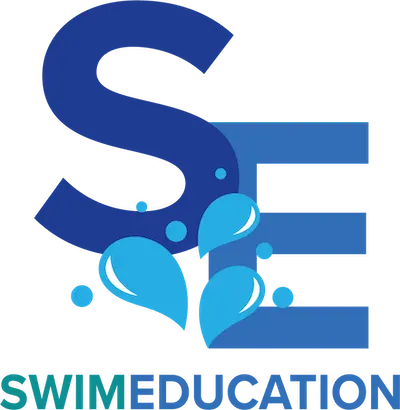RLSS National Rescue Award for Swimming Teachers and Coaches (NRASTC)
The NRASTC is a supervision and rescue award for swimming teachers, coaches, and instructors working during programmed activities, such as swimming lessons. It is suitable for teachers working in a wide range of swimming pools where the water depth is higher than the teachers’ standing depth and meets the individual facility’s risk assessment. You will be assessed externally on CPR, first aid, theory, and pool practical.
There may be opportunities to undertake Level 3 Emergency First Aid at Work and/or Level 3 Automated External Defibrillator. If the first aid is combined, you will sit a multi-choice theory paper, and complete a series of practical assessments.
Pre-requisites: You must be 16 years of age, able to swim at least 50 meters on your front and back, surface dive to the deepest part of the pool, and climb out unaided.
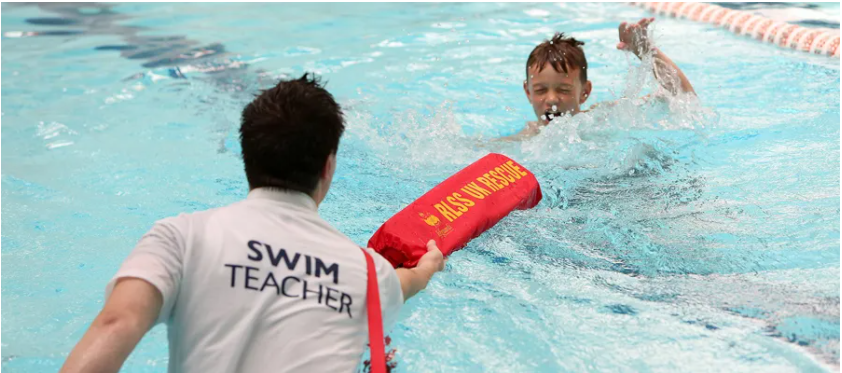
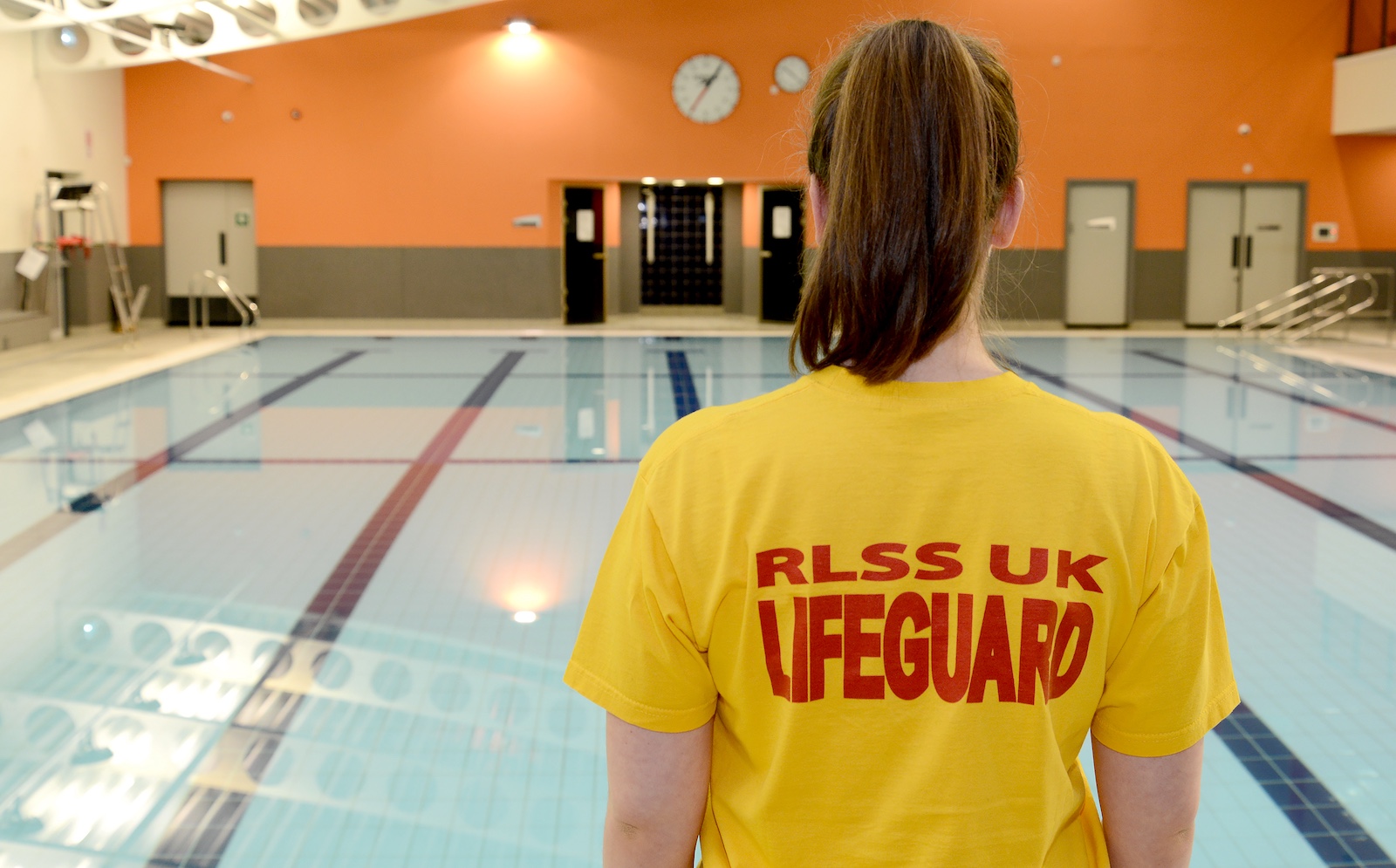
RLSS UK Qualifications Level 3 National Pool Lifeguarding Qualification (NPLQ)
The NPLQ is the ‘flagship’ qualification for becoming a pool lifeguard. It covers pool rescue techniques, lifeguarding theory, first aid, and CPR. The course is physically demanding and includes swimming to set times, lifting casualties, and diving to the deepest part of the swimming pool. Training and assessment for the NPLQ are divided into three sections; candidates must pass all of them to attain the qualification. There is a mixture of written multiple-choice papers and practical lessons.
Typically, this course is combined with the AED qualification. On occasions, the Level 3 First Aid at Work and/or Level 2 in Managing Anaphylaxis are also included. A range of assessments, including multiple-choice papers and practical evaluations, are required. If these courses are combined with other qualifications, they will add additional time but at no extra cost to the learner.
Pre-requisites: You must be at least 16 years old and able to jump/dive into deep water. You must swim 50 meters in less than 60 seconds and swim 100 meters continuously on front and back in deep water. The ability to tread water for 30 seconds, surface dive to the pool floor, and climb out unaided without using a ladder/steps, as well as where the pool design permits, are also essential.
RLSS UK Qualifications Level 3 Emergency First Aid at Work (EFAW) and the RLSS UK Qualifications Level 3 First Aid at Work (FAW)
These are the recognised national qualifications for first aid in the workplace. Emergency First Aid at Work enables you to apply basic first aid for workers and is the responsibility of all employers. This one-day first aid course covers a range of CPR and first aid skills, providing employers and their staff with the skills to reduce the risks and dangers in the workplace. This qualification also acts as day one of the full First Aid at Work.
The Level 3 First Aid at Work Qualification is the flagship course that covers a wide range of CPR and first aid skills, equipping the first-aider to apply first aid to specific injuries and illnesses. This three-day course covers a range of CPR and first aid skills, providing you with the skills to ensure a safe working environment. Both courses include a range of written multiple-choice papers and practical assessments. There are opportunities to combine the FAW with the Paediatric First Aid, which requires three and a half days.
Pre-requisites: You must be at least 16 years of age to complete the course.
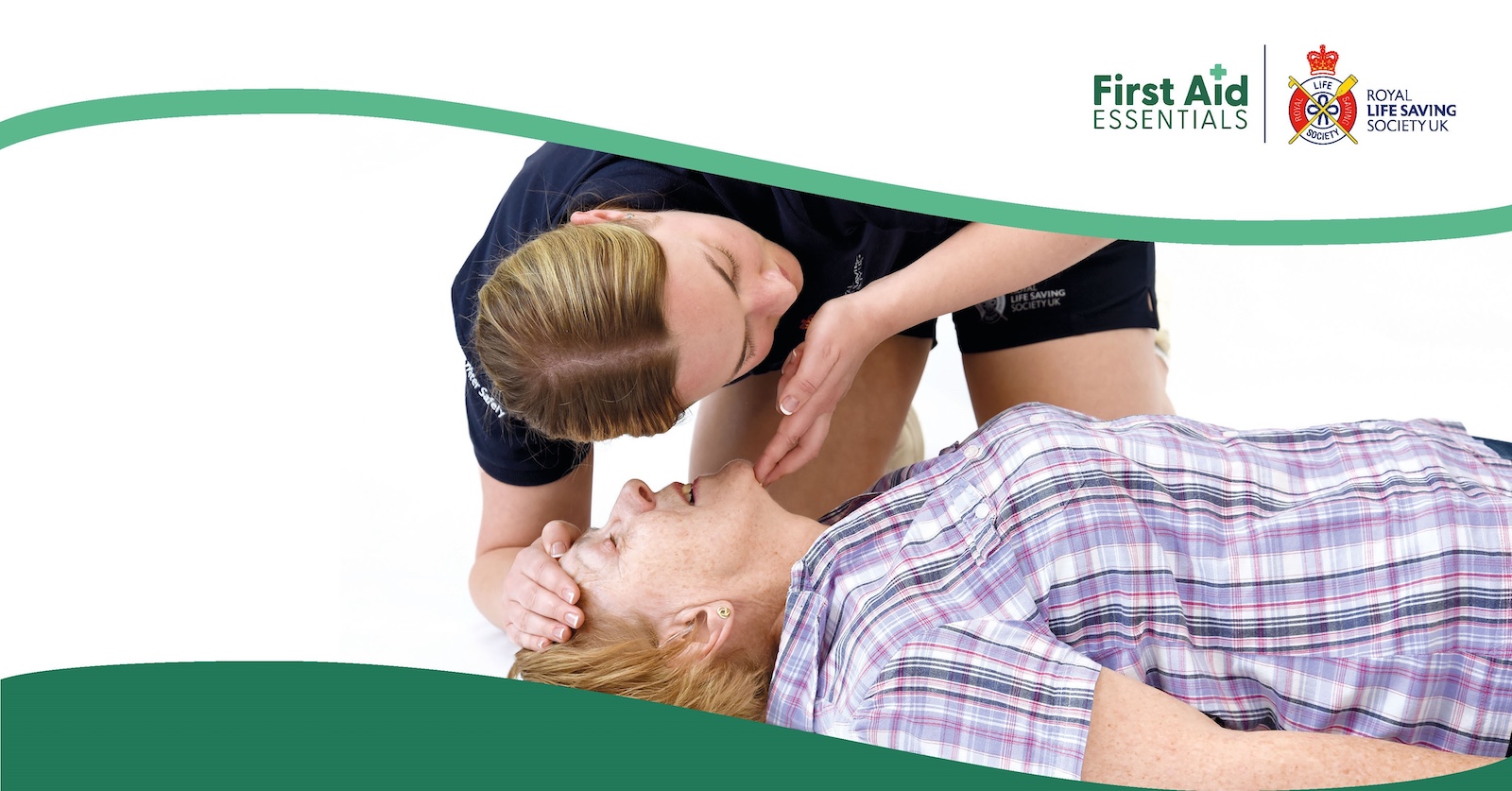
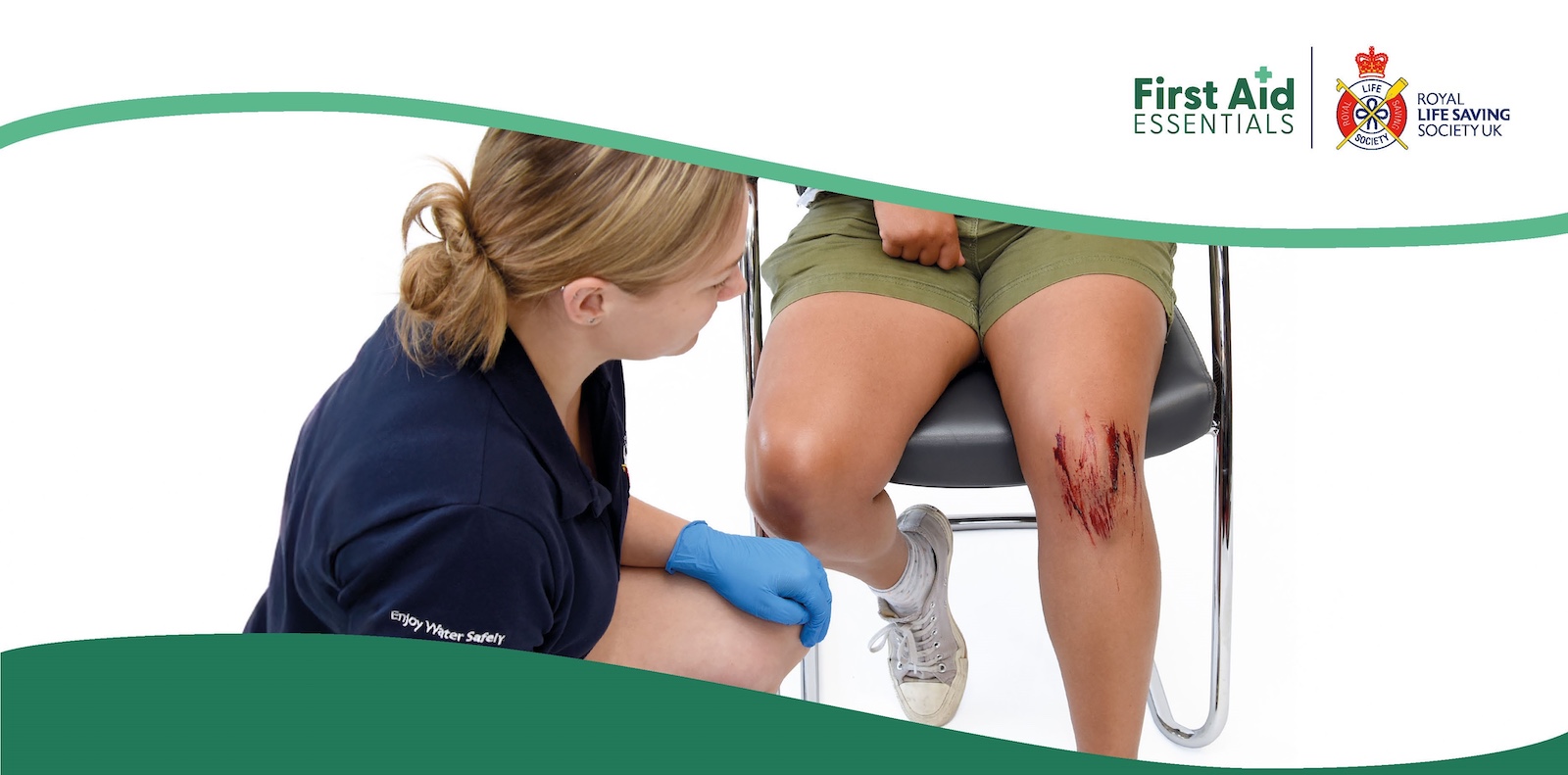
RLSS UK Qualifications Level 3 Paediatric First Aid at Work (PFA)
The Level 3 PFA course is a two-day first aid qualification that covers a range of CPR and first aid skills specifically for children and infants (babies) because their first aid needs differ from those of adults. The qualification is recognised by Ofsted for people working in and within school settings with Early Years provisions. The assessment include a range of written multiple-choice papers and practical assessments.
Prerequisite: You must be over the age of 16 and have contact with or work with children and infants (babies).
